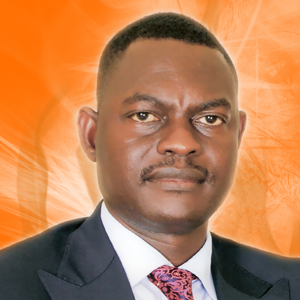All around the world, presidential politics has always been the game of the wealthy. Men of means have always had a say (in many cases, their way) in the political affairs of their countries. The need to maintain their controlling grip on their countries’ economy, rather than ensuring that the nation’s commonwealth is equitably distributed has always been the only ideological motive behind their political activities. As such, financing a presidential race is the exclusive domain of the kind of mega-donors.
In Nigeria, the culture of financing presidential ambitions is as old as Nigerian politics itself but was given prominence in 1999 when Nigerian richest moneybags came under one umbrella to raise billions for the election of General Olusegun Obasanjo, who would preside over the affairs of the country for eight years before transferring the baton to late President Umaru Yar’Adua.
It is 2015 and presidential election is six weeks away. The culture has continued with men with huge financial war-chest queuing behind President Goodluck Jonathan re-election. Gone are the days when certain lines should not be crossed by corporate players, even bank executives have jettisoned ethics to trumpet political message. Imagine a scenario where the Managing Director of UBA, Philip Oduoza, taking on the political toga and campaigning for a sitting president to be re-elected. This report x-rays such men who have thrown their weight behind President Jonathan by donating handsomely to his re-election bid, and what they expect in return for their investment:
Tunde Ayeni
Knowledge of Tunde Ayeni was limited to the corporate corridors until last December when he made N2 billion donation to the campaign fund of President Goodluck Jonathan, where over N5.2 billion was raised. The Chairman of Sterling Bank Plc could be described as the best investor of 2015. His resolve to ensure President Jonathan’s continued stay in office will be understandable within the confines of his numerous multi-billion dollars investments, including his acquisition of the moribund Nigerian Telecommunication Limited (NITEL) and its mobile arm, the Mobile Telecommunication (M-Tel) with a successful bid of $252 million in partnership with other firms.






